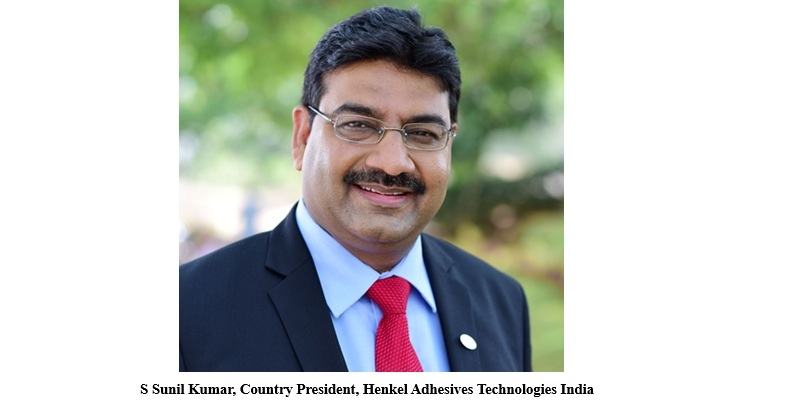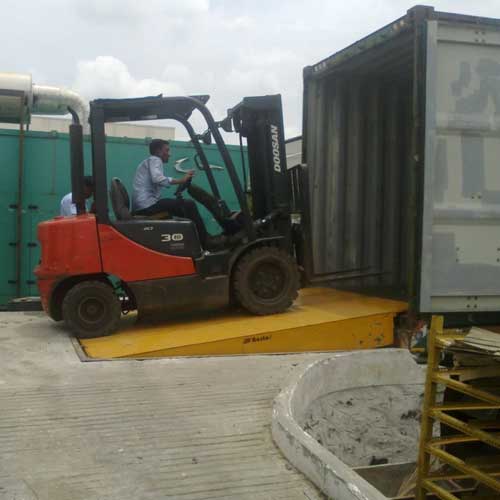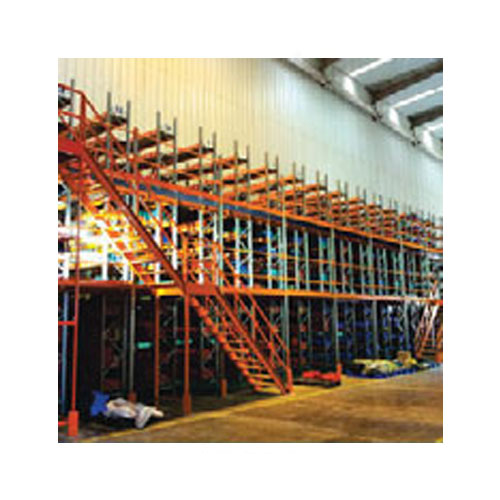Schedule a Call Back
Role of procurement in reducing carbon footprint
 Articles
Articles- Apr 01,24

In the global pursuit of sustainability, every industry plays a vital role in fostering a greener future. Among these, procurement emerges as a crucial link in reducing our carbon footprint. Serving as the intermediary between suppliers and consumers, procurement possesses the ability to shape the environmental impact of the entire supply chain. According to a survey conducted by the Stanford Business School in early 2023, it was revealed that 51 per cent of global businesses have already adopted sustainable procurement policies and practices, contributing to the resilience of their value chains. From sourcing environmentally friendly materials to implementing sustainable procedures, procurement professionals hold significant sway in effecting meaningful change.
Sustainability: Every process counts
The concept of sustainability has permeated various industries, driven by mounting pressure from consumers, investors, and regulatory bodies. From manufacturing to retail, organisations are re-evaluating their operations to minimise environmental harm and maximise social responsibility. The impact of this sustainability push transcends specific departments. From energy-efficient factories to responsible waste management, each stage contributes to an industry's carbon footprint. Procurement, however, deserves particular attention. According to McKinsey, the environmental impact of purchased goods and services can account for 80 per cent of a company's total footprint. Sourcing raw materials, transporting goods, and managing product life cycles – all fall within the purview of procurement, making it a potent lever for positive change. Sustainable procurement activities, encompassing the sourcing of raw materials, transportation, and supplier engagement, can significantly reduce a company's carbon footprint.
People, planet, and profit: A triple bottom line win
Prioritising sustainability in procurement isn't just about ticking a green box; it's a strategic decision with far-reaching benefits that touch every aspect of a business.
Prioritising sustainability in procurement is a win-win-win situation. It benefits the environment, empowers communities, and strengthens a company's bottom line. It's a strategic investment in a future where people, planet, and profit can thrive together.
IKEA is one of the leading lights in this sustainability push. The company was born in the forests of Southern Sweden, but understands the importance of conserving one of mankind’s greatest assets. The company provides information publicly regarding where it grows the wood it uses, how much wood it uses, as well as the types of wood and their suppliers. In FY23, approximately 17% of total wood used in IKEA products was recycled wood. This number is expected to increase further year-on-year.
Aligning procurement with sustainability
The path to sustainability in procurement isn't a one-size-fits-all journey. It requires a strategic shift in mindset, moving beyond solely price-driven decisions and incorporating environmental and social considerations into every step.
Supplier selection beyond price tags: Businesses must prioritise suppliers committed to sustainability practices. Look for certifications like LEED or B Corp, or conduct thorough assessments to evaluate aspects like renewable energy usage, resource efficiency, and waste management.
Product life cycle analysis: Considering just the initial cost of a product is a dated practice. Companies should conduct a product life cycle analysis to assess its environmental impact across its entire journey, from raw material extraction and production to transportation, use, and disposal. Choose products with lower carbon footprints, minimising emissions and resource consumption throughout the lifecycle.
Waste reduction: Industries should look to minimise waste at every stage. This includes reducing packaging, encouraging product reuse and repair programs, and exploring closed-loop recycling systems with suppliers. By keeping materials in circulation and minimising waste generation, organisations can significantly reduce their carbon footprint.
Collaboration is key: Sustainability isn't a solo act. It’s critical to collaborate with suppliers, industry peers, and NGOs to share best practices, develop innovative solutions, and leverage collective knowledge. This collaborative approach fosters a supportive ecosystem where everyone can contribute to a more sustainable future.
Technology: A catalyst for sustainable procurement
Technological advancements offer unprecedented opportunities to enhance sustainability within procurement processes. Digital platforms, data analytics, and blockchain technology enable companies to trace product origins, assess environmental impact, and optimise supply chain efficiency. These tools empower organisations to make informed decisions, collaborate with environmentally responsible suppliers, and monitor compliance with sustainability standards.
Global consumer goods giant, Unilever, leverages a digital platform called Ecovadis to assess and manage the sustainability performance of its suppliers. The company’s aim is to reduce the carbon footprint of its products, through radical product innovation and deep partnerships Unilever reports that their greenhouse gas emissions per consumer use have decreased by 19 per cent since 2010 and 5 per cent since 2021, with an eventual aim of achieving net zero products.
Impact of regulations on procurement
Regulations are helping shape the procurement landscape into a force for good. Stringent regulations like Europe's Carbon Border Adjustment Mechanism (CBAM) are acting as catalysts for change, forcing companies to re-evaluate their sourcing strategies.
CBAM imposes carbon tariffs on imported goods based on the emissions embedded in their production. This means companies sourcing from countries with lax environmental regulations will face higher costs, incentivising them to choose suppliers with lower carbon footprints. This not only levels the playing field for European producers but also pushes global supply chains towards greener practices.
Regulations like extended producer responsibility (EPR) schemes are holding manufacturers accountable for the lifecycle of their products, demanding sustainable design and end-of-life solutions. Additionally, stricter waste management regulations and carbon emission caps are forcing companies to optimise their production processes and source materials responsibly. These regulations aren't burdens; they're opportunities. By proactively adapting their procurement strategies to comply with regulations, companies can gain a competitive edge. They can build resilient supply chains, attract environmentally conscious consumers, and future-proof their businesses.
Summing up
As industries increasingly recognise the interconnectedness of environmental stewardship and long-term prosperity, it becomes imperative to prioritise sustainability in procurement. Adopting the right procurement strategy is critical for businesses seeking to reduce their carbon footprint and embrace sustainability. Embracing innovative technologies, aligning strategies with sustainability goals, and complying with regulations are crucial steps on this journey. It is incumbent upon businesses to seize the opportunity today, championing sustainability as a catalyst for positive change and a cornerstone of responsible corporate citizenship, helping build a world where industry thrives in harmony with the environment.
About the author:
Rahul Garg, the visionary Founder and CEO of Moglix, is a first-generation entrepreneur who revolutionised B2B distribution in 2015 with a tech-driven approach. Under his leadership, Moglix has emerged as one of Asia's premier companies, specialising in phygital transformation for procurement and supply chain processes. Recognised as a Fortune 40 under 40 Leader and recipient of prestigious awards, his impact on B2B e-commerce is profound. As Head of the CII Delhi Startup Committee and an avid investor in global startups, Rahul Garg exemplifies innovation and leadership in the business world.
Related Stories

How India Can Build Manufacturing Strength in a VUCA World
As global manufacturing resets under VUCA pressures, India stands at a strategic inflection point, balancing resilience, technology, sustainability and leadership to shape future supply chains, says..
Read more
Budget Expectation: Why Materials, Data and Governance Will Shape Manufacturing
India’s manufacturing growth hinges on digitalisation, material self-reliance, and policy clarity to strengthen resilience and global competitiveness, says S Sunil Kumar, Country President, Henkel..
Read more
India enters global manufacturing with relative strength: Jayant Balan
In this interview, Jayant Balan, Head – Room Air Conditioner Business, Voltas Limited, discusses global and Indian manufacturing shifts, Make in India risks, localisation, supply chains, sustainab..
Read moreRelated Products

Dock Leveller
Besto Material Handling Equipments offers a wide range of dock leveller.

Multi Tire
SCI Storage Solution offers a wide range of multi tire.

Industrial Lifting Equipment
Rana Material Handling Equipments Pvt Ltd offers a wide
range of industrial lifting equipment.
















